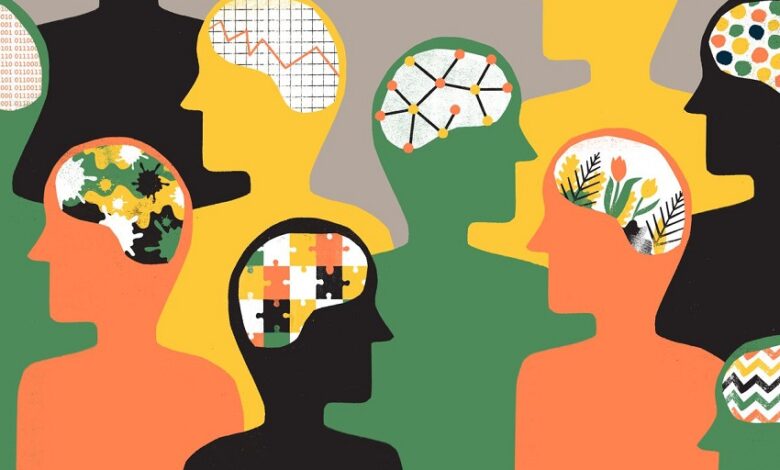What is the Main Importance of Society in Sociology?

In sociology, society plays a fundamental role in shaping human behavior, beliefs, and interactions. It is a complex network of individuals who share common values, norms, and social structures. Understanding the importance of society in sociology helps us comprehend how individuals are influenced by their surroundings and how collective actions shape the world we live in. This content is provided by https://tapasociety.org/
Embracing the Power of Society
Society holds a significant place in sociology as it provides the foundation for studying human behavior and social interactions. This article delves into the main importance of society in sociology, exploring its impact on individuals, the creation of social norms, the development of social institutions, and the formation of collective identities. Discover the importance of society.
1. Influence on Individual Behavior
Society plays a vital role in shaping individual behavior. Humans are social creatures, and our actions are profoundly influenced by the social environment we belong to. From our earliest years, we learn from those around us, acquiring values, norms, and behaviors through socialization processes. Society molds our perceptions, attitudes, and actions, ultimately shaping our identities.
2. Creation of Social Norms
Social norms are the unwritten rules and expectations that govern behavior within a society. They guide our actions, define acceptable behavior, and establish social order. Society is the driving force behind the creation, reinforcement, and evolution of social norms. These norms provide a shared framework for individuals to interact and cooperate, ensuring social cohesion and stability.
3. Development of Social Institutions
Social institutions, such as family, education, economy, and government, are the structures that organize society. They fulfill essential functions, such as socializing individuals, providing economic opportunities, and maintaining law and order. Society shapes the formation and functioning of these institutions, which, in turn, have a profound impact on individuals and communities.
4. Formation of Collective Identities
Society plays a crucial role in the formation of collective identities. As individuals interact within a social group, they develop a sense of belonging and shared identity. This collective identity can be based on various factors, including culture, ethnicity, religion, or shared interests. Society provides a platform for individuals to express their identities, fostering a sense of community and solidarity.
5. Impact on Social Change
Society is not static; it evolves and changes over time. Sociology examines how social change occurs and its impact on individuals and communities. By studying society, sociologists can identify patterns, analyze social phenomena, and propose theories that explain social transformations. Understanding the dynamics of society is essential for addressing social issues, promoting equality, and creating a more just and inclusive world.
In conclusion, society holds immense importance in sociology. It influences individual behavior, shapes social norms, develops social institutions, fosters collective identities, and drives social change. By studying society, we gain valuable insights into the complexities of human interactions and the factors that shape our lives. Recognizing the significance of society in sociology empowers us to better understand and navigate the intricate social fabric that surrounds us.




